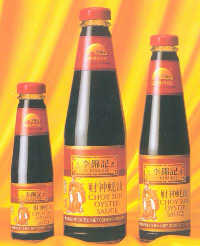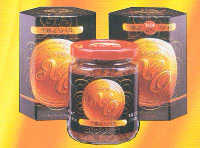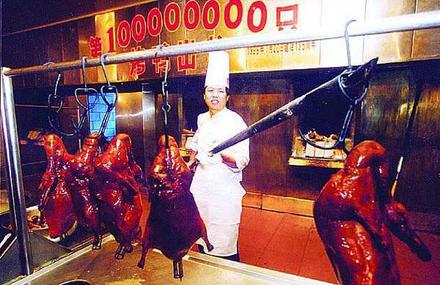Lee Kum Kee was already expanding beyond the Guangdong-Macau-Hong Kong distribution network in the 1920s to North America, when it also began to make shrimp paste.


In the 1970s and 1980s, after the torch passed to third-generation leader Lee Man Tat, there was rapid geographical market and product diversification. Lee Man Tat's sons, who were educated in the West, inherited the leadership from their father in the 1990s, and the pace of modernization and diversification continued while the company's marketing strategy remained vigorous and adaptable.
The company overcame a consumer confidence crisis -- called the 3-MPCD crisis -- in the late 1990s and early 2000s and continued to thrive. By early 2003, Lee Kum Kee had already developed more than 200 sauces. Its distribution network covered 60 countries in five continents, and its products were available in more than 80 countries.
Lee Kum Kee has also invested a lot in marketing and advertising. They have not only invited famous singers for their TV ads, but also have sponsored a series of activities in Hong Kong, and a TV program for cooking, which all helped in their brand building.
 Beijing Roast Duck: Quanjude
Beijing Roast Duck: Quanjude

Quanjude, a famous history brand of China, was established in 1864 (the third year of the reign of Emperor Tongzhi of theQing Dynasty(1644-1911)). During the 136 years, Quanjude has experienced business vicissitudes and survived the arduous ordeal of time.
